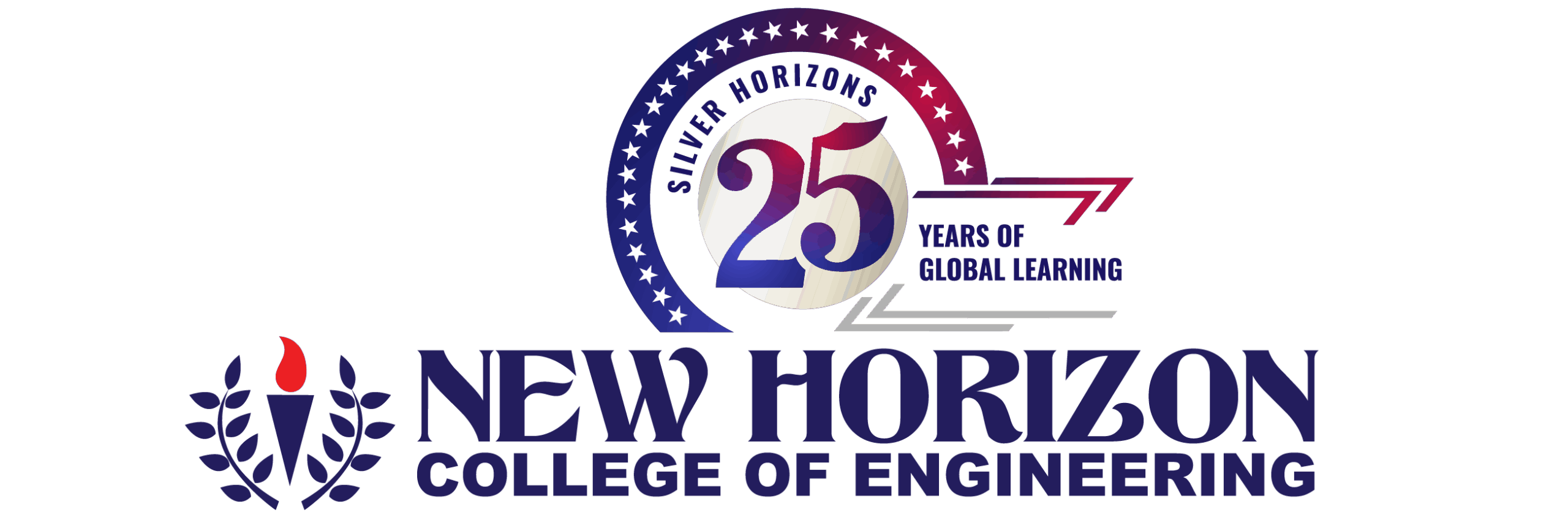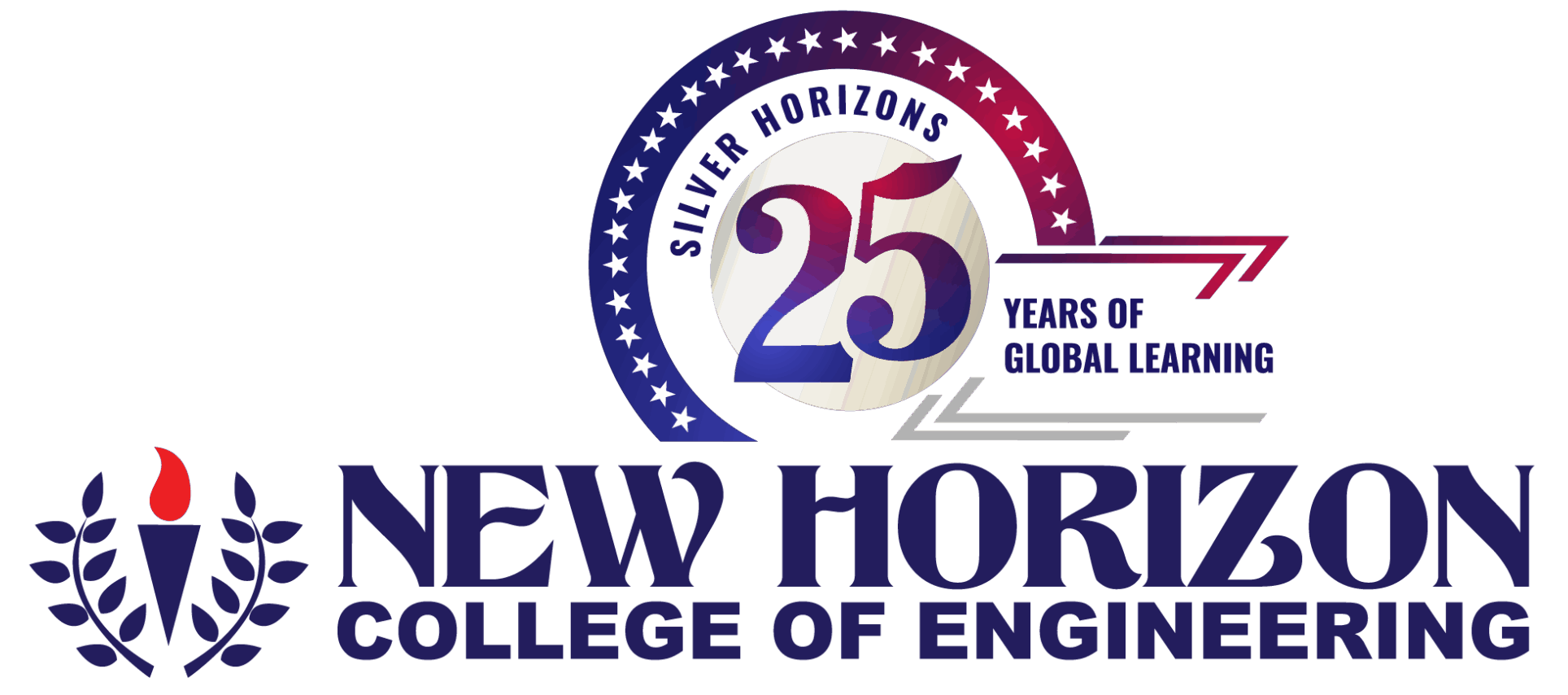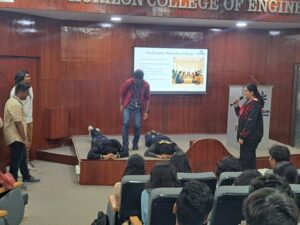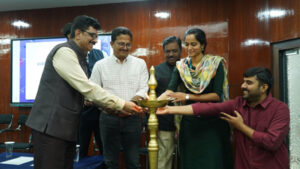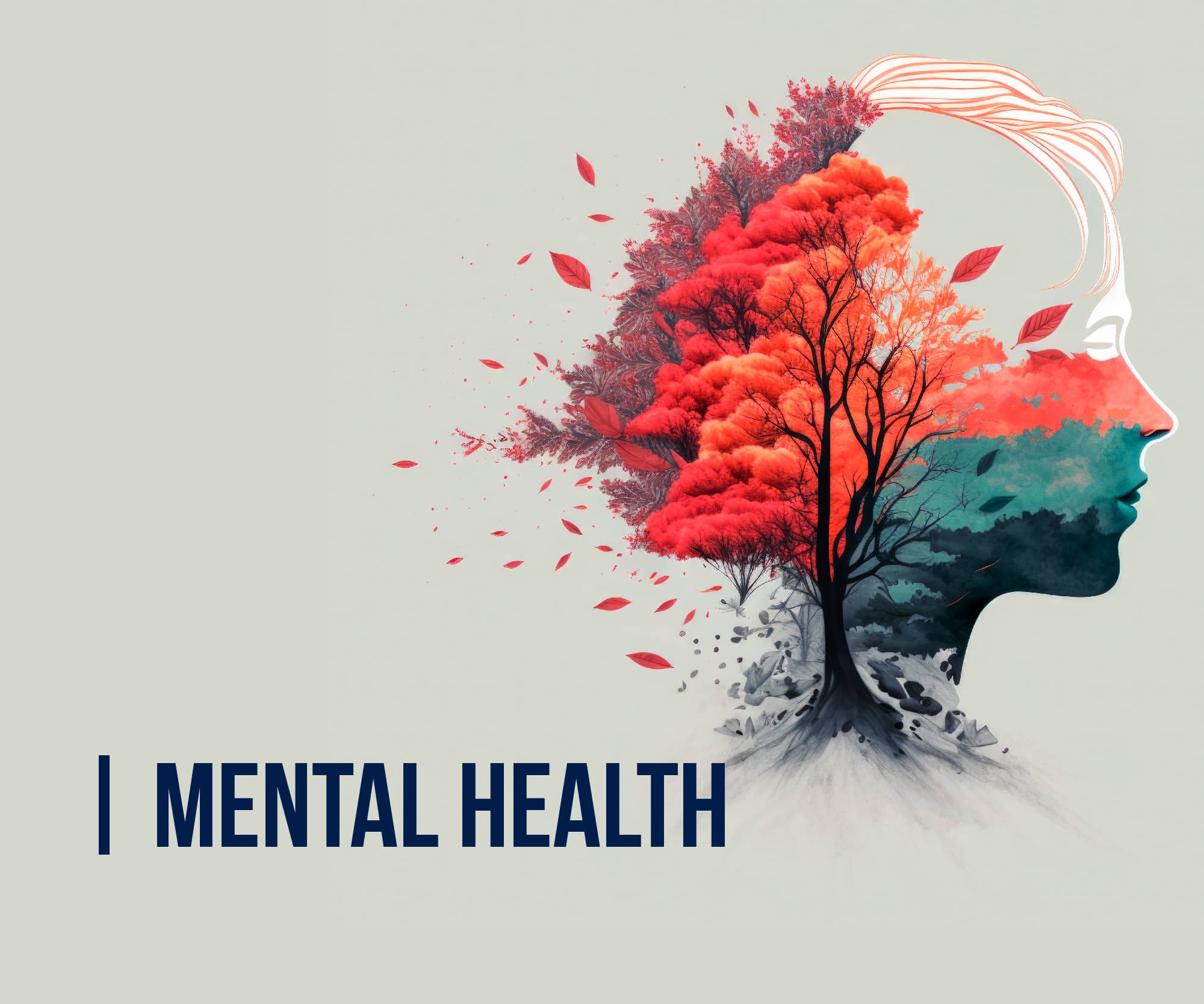
How To Handle Failure: A Guide for College Students | Overcome Challenges
The moment we open a newspaper or switch on the television to watch the news, it is disheartening to see young lives taken away in desperation and helplessness.
- Bengaluru: 19-year-old University student from TN dies by suicide. – This is the third suicide of a particular University student in seven months after Aditya Prabhu in July and Surya M Achar in October.
- 115 IIT students died by suicide in 20 years, Madras highest with 26, Bombay 10 – Between 2005 and 2024, IIT Madras recorded the highest number of deaths at 26, followed by 18 in IIT Kanpur, 13 in IIT Kharagpur and 10 in IIT Bombay
- Teenager ends life; another flees home due to exam stress.
This is just the tip of the iceberg. The more we probe, the heavier the truth gets to digest.
How can we help these vulnerable young adults embrace resilience and acquire ways to handle failure and disappointments??
Understanding Resilience and Its Importance:
Resilience is the ability to bounce back from adversities. It means being able to adapt to tough life experiences. It involves having the mental, emotional, and behavioral flexibility to deal with both internal and external challenges.
In the fast-paced world of cutthroat competition, resilience is crucial. It helps one handle the rigorous demands of both personal and professional challenges. Think of it as the mental muscle that gets stronger with use.
Every day of our life inevitably brings with it, its challenges and hardships. It depends on how equipped we are to manoeuvre through them.
Let us look at some tips that may help build resistance and strength while confronted with the defeatist attitude.
Recognizing the Role of Failure in Success
Somehow the world around us has fed into us that if we fail, we are losers, although history proves otherwise, since time immemorial. Failure is a stepping stone to success. Many successful people have experienced significant setbacks.
Take, for example, Dr. APJ Abdul Kalam, India’s former President and a renowned Aerospace Scientist. He faced numerous failures in his career, but his resilience led to monumental successes like the development of the SLV-III, India’s first satellite launch vehicle, and eventually the President of India. Understanding that failure is part of the journey helps you turn setbacks into learning experiences.
Developing a Growth Mindset
A growth mindset cannot be built overnight, it calls for dedication, consistent efforts, and hard work. This mindset is essential for overcoming failure. Embrace challenges, persist through obstacles, and learn from criticism. For instance, consider the journey of all successful entrepreneurs. Take Sundar Pichai, CEO of Alphabet Inc and Google for reference. Born in a middle-class family in Tamil Nadu, he faced many impediments but used each as a learning opportunity to rise to the top.
Learning from Failures
Analyzing and reflecting on failures is crucial. After facing a setback, take time to understand what went wrong. For instance, if a project doesn’t go as planned, review each step to identify mistakes and learn from them. This reflective practice helps you gain valuable insights and avoid repeating errors.
Building a Support System
A strong support network can make a world of difference. Surround yourself with mentors, peers, and family members who provide guidance and encouragement. At New Horizon College of Engineering, connect with faculty mentors and join student organizations. These relationships offer invaluable support during tough times. Anything done in a group or with mates who are non-judgmental and supportive brings in a lot of positive results.
Practicing Self-Compassion and Mindfulness
Be kind to yourself during tough times. Everyone makes mistakes, and failure is a part of life. Self-compassion helps you stay resilient. Practices like meditation and deep-breathing exercises can help manage stress. Take inspiration from the widespread popularity of yoga and mindfulness in India, which promote mental well-being and resilience.
Setting Realistic Goals and Expectations
It is only natural to procrastinate and pile up work until it feels too much to begin. Setting achievable goals is fundamental to resilience. Break your long-term objectives into smaller, manageable tasks. This approach makes tracking progress easier and helps you adjust plans as needed. For instance, if you’re preparing for GATE exams, set weekly study targets instead of cramming all at once.
Developing Problem-Solving Skills
Effective problem-solving skills are crucial in engineering. Techniques like root cause analysis and brainstorming can help you tackle challenges. Look at how Indian innovators solve problems with limited resources, such as the development of cost-effective medical devices like the Jaipur Foot, which showcases ingenuity and resilience.
Staying Motivated and Persistent
Maintaining motivation over the long term is essential. Find what inspires you, whether it’s a career goal, a role model, or a personal passion. Celebrate small victories along the way to keep your spirits high. Think about how athletes like PV Sindhu or Virat Kohli stay motivated despite setbacks, using each challenge as fuel to achieve greater heights. There is bound to be peer pressure and undue stress, but as mentioned earlier in this article, if you practice self-compassion and mindfulness, with consistency, it will help ease the challenges and make them doable.
Utilizing Campus Resources
New Horizon College of Engineering offers numerous resources to help you build resilience. Take advantage of counseling services, workshops, and student clubs. These resources provide support and opportunities for personal and professional growth. Each club caters to a certain passion, and when you find your niche, you will begin to enjoy the participation, learning, and opportunities it brings in.
Celebrating Small Wins
Recognizing and celebrating your achievements, no matter how small, boosts your morale and keeps you motivated. Whether it’s acing a difficult exam or completing a challenging project, each small victory is a step towards your larger goals.
Balancing Academics and Personal Life
Maintaining a healthy work-life balance is crucial. Effective time management helps you juggle academics and personal activities. Make time for hobbies, relaxation, and physical activities to recharge. Take a leaf out of the lifestyle of successful individuals who balance their professional and personal lives effectively. Regular exercises, like cycling, jogging, or playing a sport help build camaraderie, destress, and take on the academic load with better ease.
Seeking Professional Help When Needed
It’s okay to seek professional help if you’re struggling. Mental health professionals can provide strategies to cope with stress and anxiety. At New Horizon College of Engineering, various services are available to assist you. Remember, seeking help is a sign of strength, not weakness. At New Horizon of Engineering, the counselors are always just a call away for any staff or student to walk in with their worries and fears.
Real-Life Success Stories from Alumni
Learning from those who have walked the path before you can be incredibly inspiring. Hear stories of New Horizon College of Engineering alumni who faced failures and emerged successful. These narratives provide valuable lessons and reinforce the importance of resilience. For instance, an alumnus who might have struggled initially but now leads a successful startup can be a great source of inspiration. Make it possible to be on campus when alumni events happen, as they can become the ground for networking and inspiration.
Creating a Personal Action Plan
Develop a personalized plan for building resilience. Identify your goals, the challenges you anticipate, and the strategies you’ll use to overcome them. A clear action plan will guide you through difficult times and keep you focused on your objectives. It’s like charting a course on a map; with a clear direction, even the toughest journeys become manageable.
By embracing these strategies, you can turn failures into stepping stones to success. Resilience isn’t just about bouncing back—it’s about growing and thriving despite challenges. Equip yourself with these tools and watch as you transform setbacks into triumphs on your journey at New Horizon College of Engineering Bangalore.
